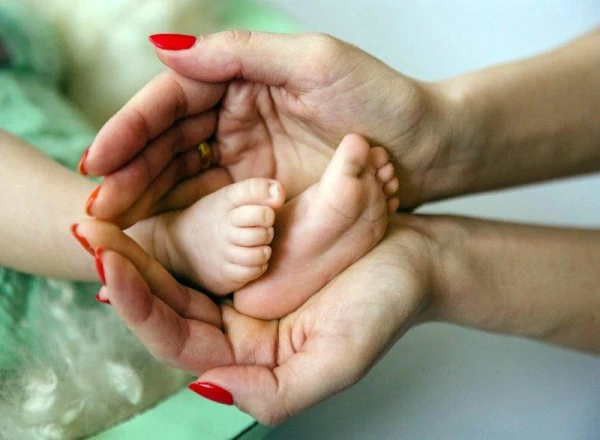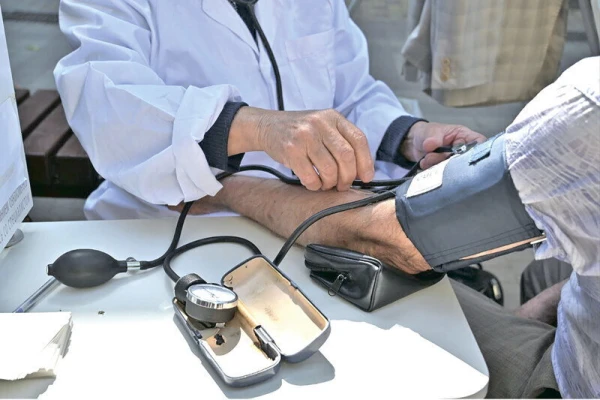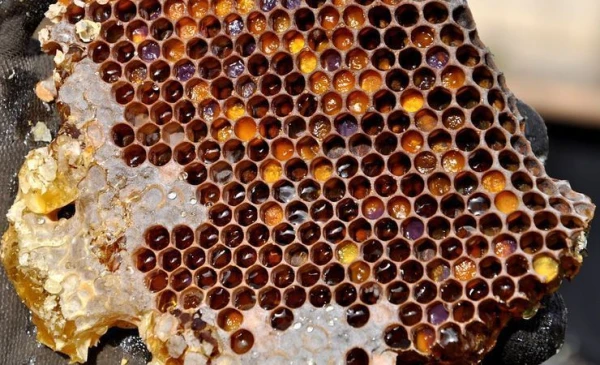
How to make it come true exactly when you wish?
As is known, the ideal age for a woman to give birth to her first child is on average up to 30 years, while for men it is a bit longer. In fact, having a child by the age of 35 is also quite acceptable — although, of course, every body is individual. However, it is no secret that many today plan to have their first child much later, as first comes education, career, creating financial stability, and the desire to live for oneself has not been canceled. A child? - definitely, but… later. However, by the time one reaches forty, when this "later" finally arrives, it may turn out that fertility is not what it was at twenty or thirty. Time has passed, attempts to conceive naturally lead nowhere, after which one turns to the appropriate clinic. But even there, with all the achievements of modern medicine, helping a woman or couple become happy parents may not always be possible.
- Of course, at a young age, when a person feels completely healthy, it is hard to assume that there may be some problems in the body. - Said Nikita Shubnikov, a gynecologist-reproductive specialist at the EGV Clinic, which specializes in reproductive health issues. - But they can exist, of which people may not even be aware if they have never tried to have children before. Therefore, we strongly recommend to everyone who plans to have a child in the future (and possibly more than one) two things. First, to undergo the appropriate examination while still young. And second, to undergo a procedure that will significantly increase your chances of happy motherhood and fatherhood even at a mature age. This involves freezing genetic material (eggs and sperm); this material will be stored with us under appropriate conditions until the woman or couple decides that it is time to have a baby.
"Deferred" Parenthood
It should be noted that this procedure has been performed in the world for over 40 years, meaning its effectiveness has been proven over time. Children born using frozen genetic material are now parents themselves, and some even have grandchildren. At the same time, medical science is constantly evolving, with new, even more effective methods and medications emerging. In Latvia, for example, twenty years ago a positive result was achieved in only 20-30% of cases, while today at the EGV Clinic it is up to 73%. So how does the procedure itself work?
- For men, it’s simple, - Dr. Shubnikov explains. - He comes to us, takes tests and a sperm analysis; if everything is fine, during the next visit he simply provides his material for freezing and storage. It’s a bit more complicated for women: they undergo stimulation with hormonal medications for 10-11 days; since the period is very short, it does not harm health. Everything, of course, happens under strict medical supervision. When, as a result of stimulation, the follicles mature to the required stage, they are punctured; this is also a simple procedure for the patient, performed under general anesthesia.
Then the cells are frozen and stored in a special container in liquid nitrogen. They can be stored this way indefinitely; if the cell was not initially damaged and had no defects, it can be used at any time as soon as people decide it’s time to have children.
For a Fee and Under a State Program
All services related to the freezing of genetic material are paid. The only exception is if the future parent (or both) is diagnosed with cancer of any localization:
- When a person learns that they have cancer, they usually experience a severe shock and think the least about whether they will ever be able to become a parent. Surviving is the priority! However, it should be understood that today many cancers are treated quite successfully, and patients have a good chance of recovery, especially if the disease is diagnosed in time. At the same time, chemotherapy and/or radiation therapy have a very negative impact on fertility: after that, reproductive cells become simply unsuitable. Therefore, I recommend that everyone who is about to undergo such procedures think about what will happen when you fully recover from cancer and perhaps want to have a healthy baby. And definitely take the opportunity to freeze your genetic material before starting treatment. Moreover, this can be done under a state program, based on the decision of a council of oncologists.
A Wise Decision Now - The Key to a Happy Family in the Future
At the end of our conversation, Dr. Shubnikov tells about a woman - one of those whose baby patiently waited in liquid nitrogen for more than 10 years!
- She came to us at the EGV Clinic in tears. She said that the examination revealed problems with her follicle reserve, and that the doctor advised her to get pregnant urgently before this reserve completely ran out. But she was very young, had no husband, and no conditions to get pregnant and give birth right now…
We checked: indeed, a little longer and she would never be able to conceive. We performed stimulation, punctured, froze her eggs... They were stored with us for over 10 years; during this time, the girl got back on her feet, got married. And she came back to us. We performed the next procedure - fertilized her eggs with her husband's genetic material. Today, this is a happy family, raising a wonderful healthy child...
And this is just one of many happy examples. We, the team at the EGV Clinic, are ready to help others become happy parents!











